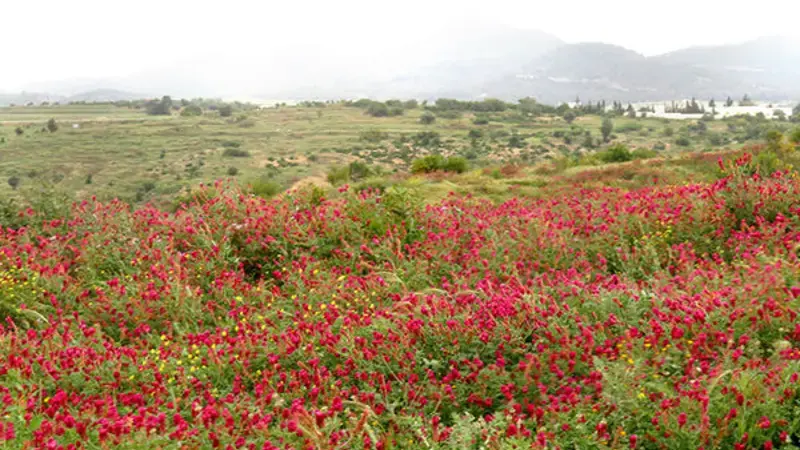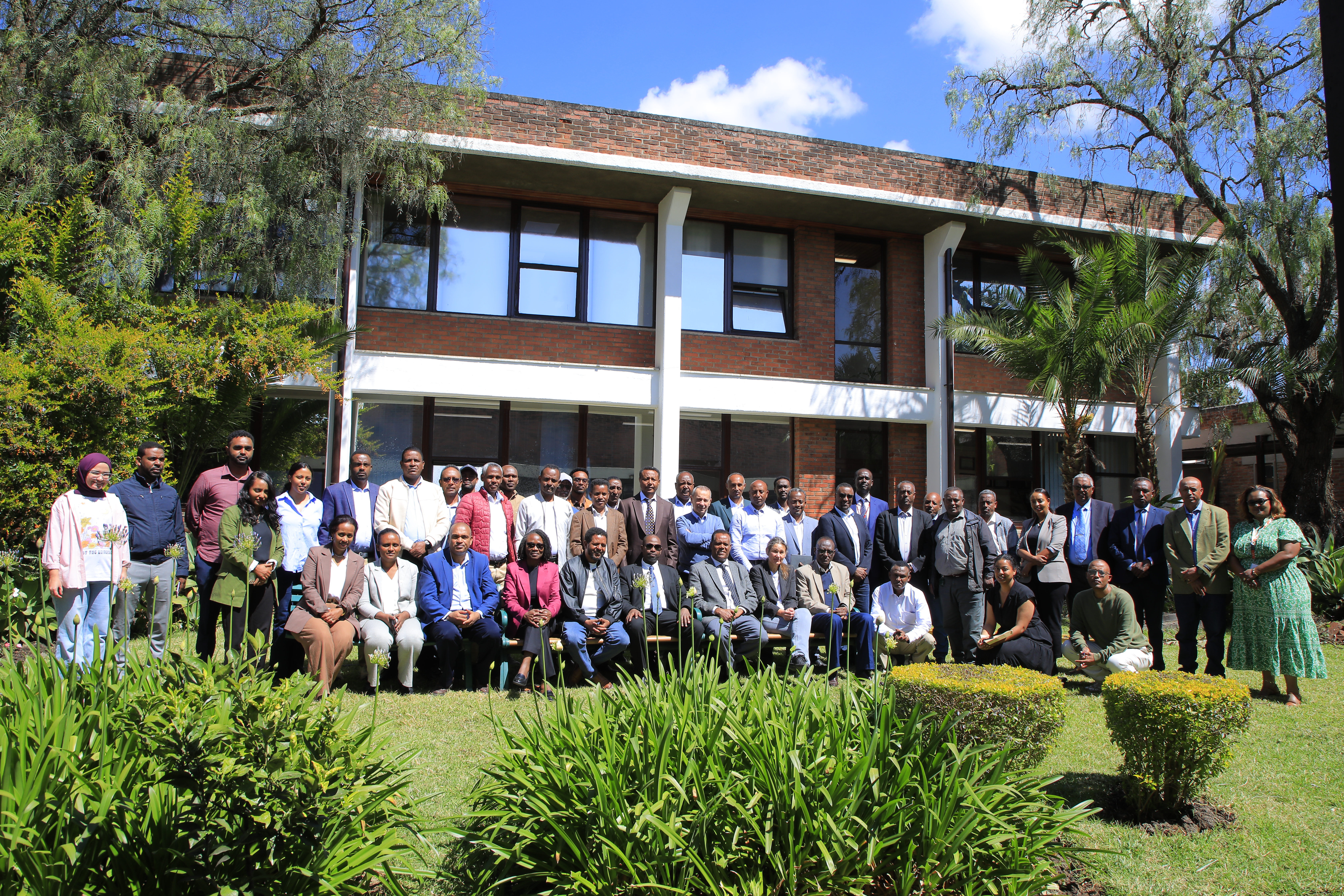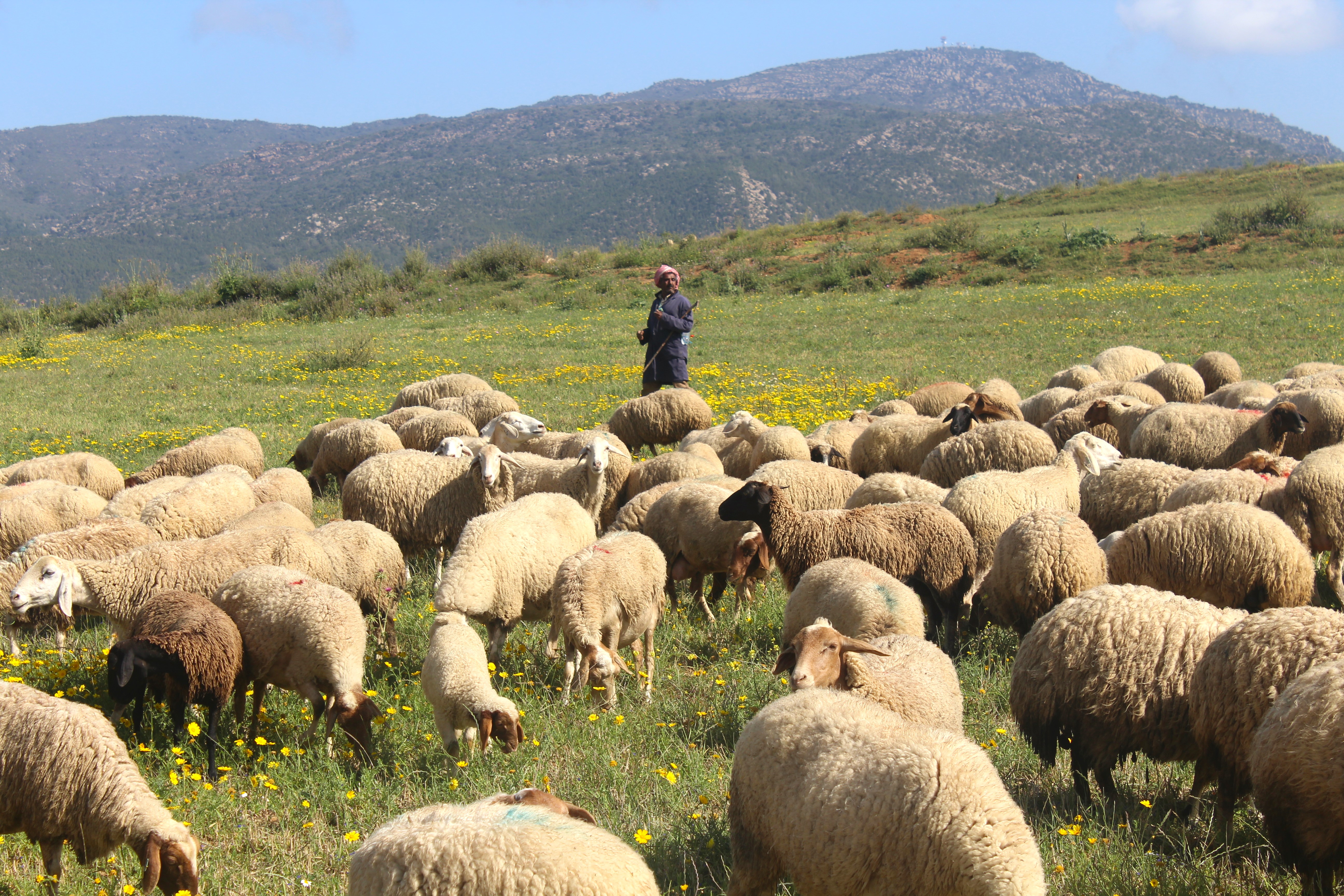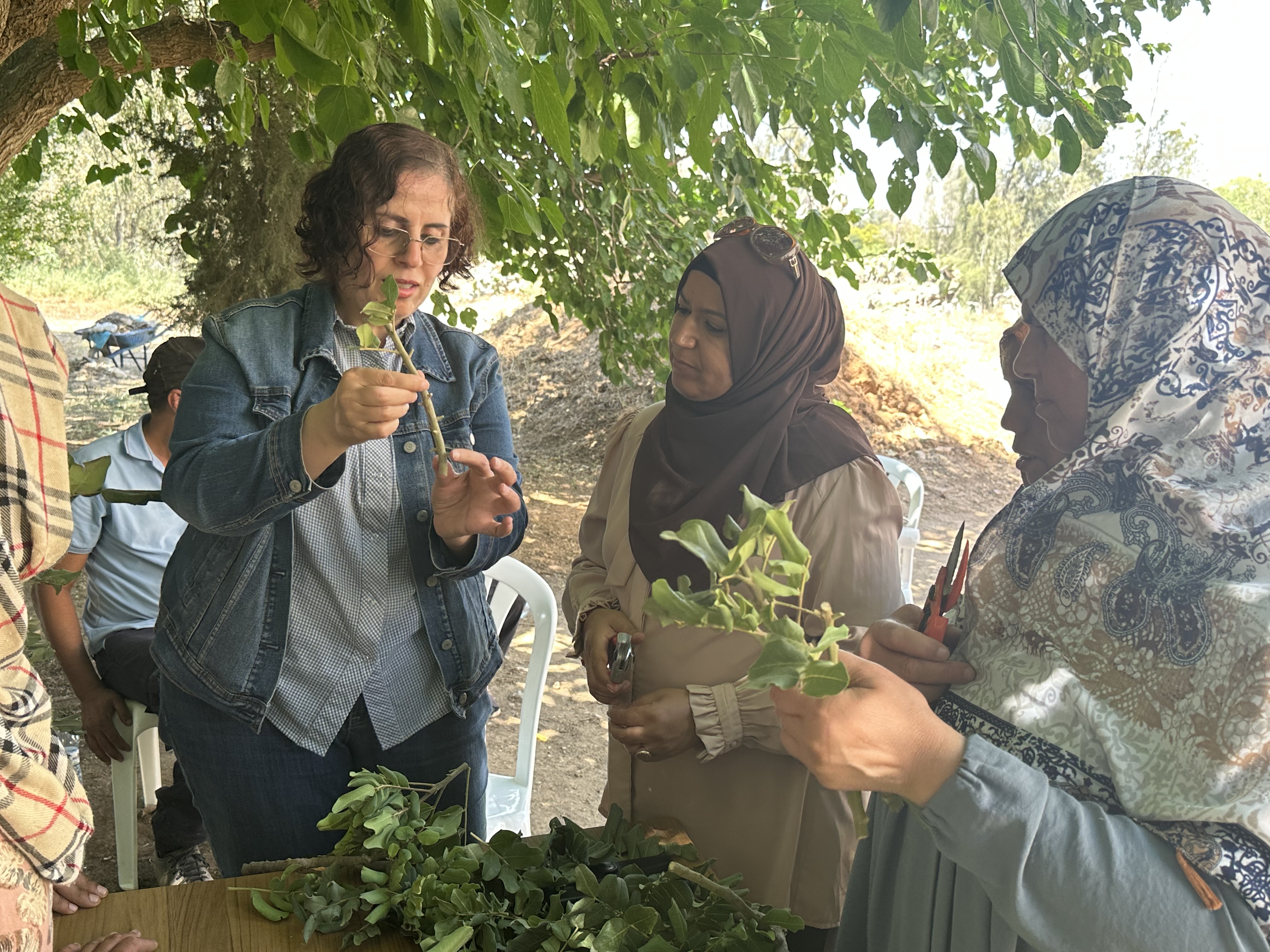Scaling Rhizobial Inoculation for Leguminous Forage Crops

To address Tunisia’s shortage of quality livestock feed, through CGIAR Research Initiative on Agroecology and the SWC@Scale-ProSol Project, ICARDA and national partners, the National Agronomic Research Institute (INRAT) and the Office of Livestock and Pasture (OEP), introduced rhizobial inoculation as an agroecological solution to boost the productivity of leguminous forage crops, particularly Sulla (Hedysarum coronarium).
Trials in the Kef-Siliana transect showed that inoculating Sulla with Rhizobium sullae significantly increased plant emergence, biomass yield (by 66.3%), nitrogen content (by over 80%), and phosphorus uptake (by 21.75%), while eliminating the need for synthetic fertilizers. This innovation improves soil fertility and strengthens integrated crop-livestock systems.
Supported by the Deutsche Gesellschaft für Internationale Zusammenarbeit (GIZ) through the ProSol project, of which ICARDA was a partner, the establishment of Tunisia’s first rhizobial inoculum multiplication unit, led by OEP, marks a major step toward scaling this sustainable technology.



